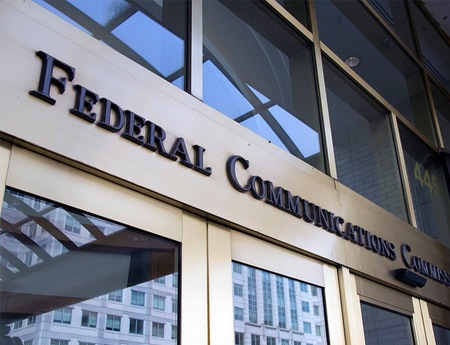CSRIC: FCC Should Study Alert Benefits of ATSC 3.0

The smarter way to stay on top of broadcasting and cable industry. Sign up below
You are now subscribed
Your newsletter sign-up was successful
An FCC advisory council is recommending the FCC study the potential emergency alert benefits of the next gen ATSC 3.0 transmission standard and signaled broadcasters are still the nation's primary first informers.
A working group of the FCC's Communications Security, Reliability and Interoperability Council (CSRIC) looking into emergency alert technologies released a report focused on new alert technologies like social media, text messaging and others but said that TV and radio emergency alerts remain the "backbone" of the system.
One of the recommendations of the working group was that the FCC should get experts together, including device manufacturers and the wireless industry, to look at how to leverage new TV tech to improve alerts.
"The emerging ATSC 3.0 Next Generation Television all-IP standard uses more rugged encoding and can deliver alerts to a variety of devices," the working group said.
The National Association of Broadcasters has been pushing the FCC to let TV stations to start broadcasting in the new standard, while continuing to simulcast in the current one—ATSC 3.0 is not compatible with current sets—and to approve that in time to coordinate that with the post incentive auction repack.
One of broadcasters' arguments is that it will advance emergency alerts.
On April 13, the National Association of Broadcasters, Consumer Technology Association (representing receiver manufacturers and other consumer tech companies), America's Public Television Stations (noncoms) and the AWARN Alliance (broadcasters and others advocating for advanced emergency alerts) filed the joint petition asking for the flexibility to deploy the new ATSC 3.0 transmission standard while still simulcasting their DTV broadcasts in the current standard—the new standard is not compatible with existing sets—so service to viewers would not be interrupted.
The smarter way to stay on top of broadcasting and cable industry. Sign up below
The next-gen system would allow for interactivity, ultra high-definition, advanced emergency alerts, more channels in the same bandwidth, mobile broadcast TV, and datacasting, all ways for broadcasters to remain competitive in a multi-platform world.
In testimony before the Senate last week, FCC commissioner Ajit Pai advised the FCC to approve the petition, citing among other things, more localized emergency alerts.
Contributing editor John Eggerton has been an editor and/or writer on media regulation, legislation and policy for over four decades, including covering the FCC, FTC, Congress, the major media trade associations, and the federal courts. In addition to Multichannel News and Broadcasting + Cable, his work has appeared in Radio World, TV Technology, TV Fax, This Week in Consumer Electronics, Variety and the Encyclopedia Britannica.

